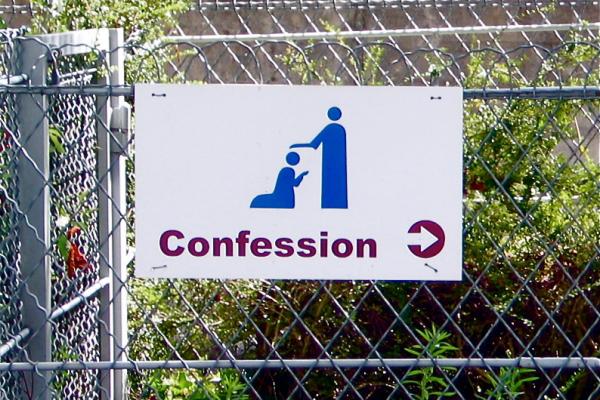Jan 2, 2012
Everybody needs forgiveness.
But it’s hard to face that. It feels threatening, like an accusation. So we tend to get defensive and start justifying ourselves, rather than seeing the one we’ve hurt.
If we’re honest, though, we all know that we’ve done things that have hurt others. Probably lots of things.
One thing that still haunts me from my past happened when I was just eight years old. There was an autistic boy at the after school program I was in, and one day I got so frustrated with him that I beat him up.
Read the Full Article

Already a subscriber? Login
